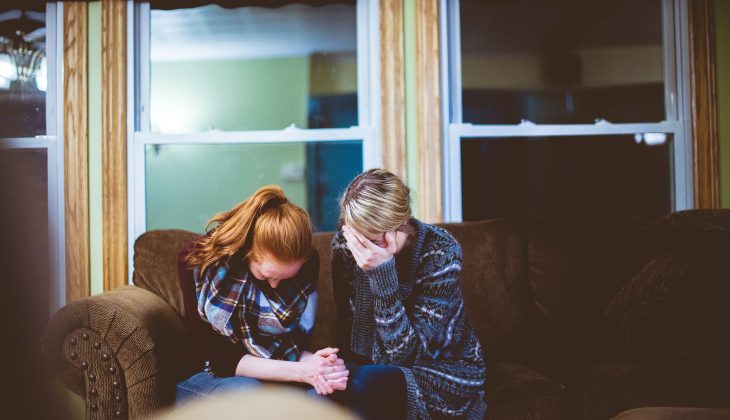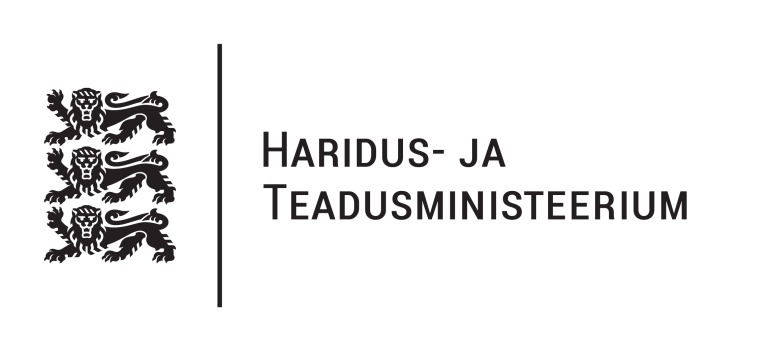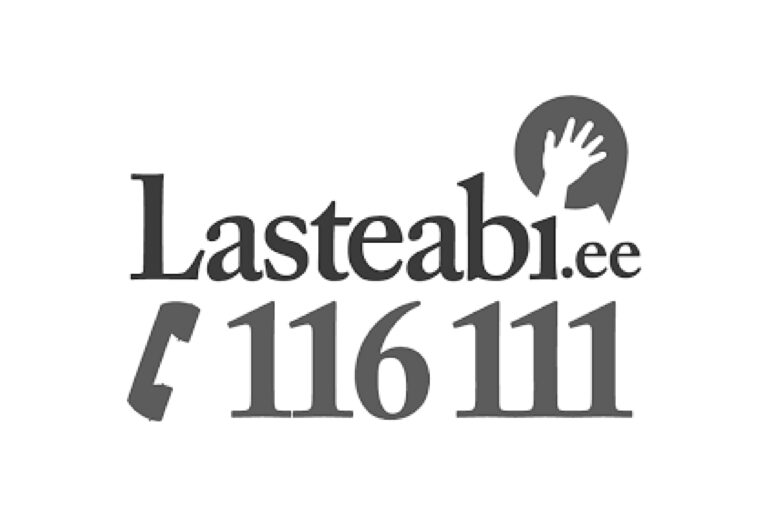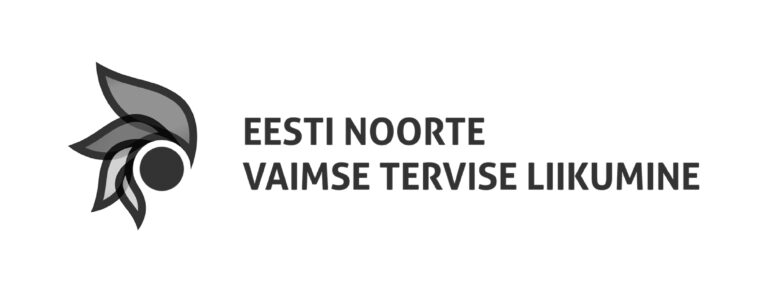We all face problems in our lives. Sometimes a problem can seem overwhelming or beyond your control. It is important to focus on how the problem can be resolved. Resolving a problem is also an opportunity to learn something new. We will share some tips on how to solve problems effectively.
State the problem in clear words
A generic problem description leads to generic solutions. If several different problems are linked, try to describe each of them separately. This will make it easier to find solutions for all of them. For instance, you may feel that you hate going to school. But when you think more about it, you might find that what really bothers you is being made fun of, not getting along with a teacher, or being overwhelmed by your workload.
Set yourself a realistic goal. It is not within your power to expel anyone you dislike, but you can make other friends and socialise with them. Do what is within your power.
Try to find multiple solutions
Be creative and try to think of as many solutions as possible. Try to make the best scenarios happen. Maybe it would be worth talking to those who are acting against you? Perhaps it is worth considering switching classes? Or give those who make fun of you a taste of their own medicine?
Evaluate the pros and cons of possible solutions and rule out bad options
Which scenarios are unrealistic and which would do more harm than good? Making fun of your fellow students in response, for example, might make you feel good briefly, but it may not solve the problem. Your reaction will only add fuel to the fire and your classmates may become even more hostile. Bullying others is not likely to help you make friends either. Therefore, this is not a good solution.
Choose the best option
Of all the possible solutions, choose the one that is most manageable, practical and useful for you.
Put the best policy into practice. Try to implement the option you have chosen. If this approach fails, use the next one.
How did you do?
Finally, assess whether the situation changed and the objective was met. Did you manage to resolve the issue or not yet?
If you cannot find a solution
For some situations, there is no solution that you can implement yourself. If you have tried different options and none of them work, you need to focus on coping and accept that you personally are unable change the situation. However, you can consistently work on your own emotions and try to rethink the situation for yourself. It is easier to come to terms with matters if you talk to people who can help you (e.g. a psychologist, a counsellor), do something you like (go for a walk, draw, write, do sports, listen to music) or join an activity group to help you focus on other activities.
Prepared by the youth information portal Teeviit based on source material from the National Institute for Health Development at https://noored.alkoinfo.ee/.
The National Institute for Health Development is a public research and development institution which conducts research on public health, disease prevention programmes and activities and promotes health.
This article was published in 2022.







